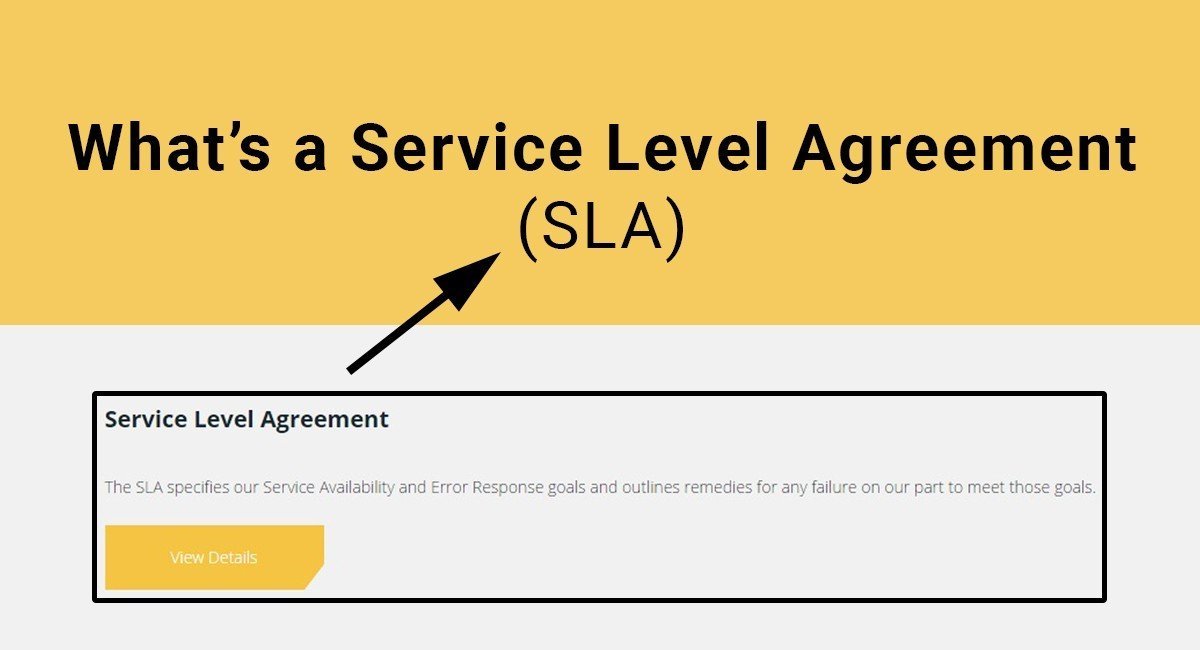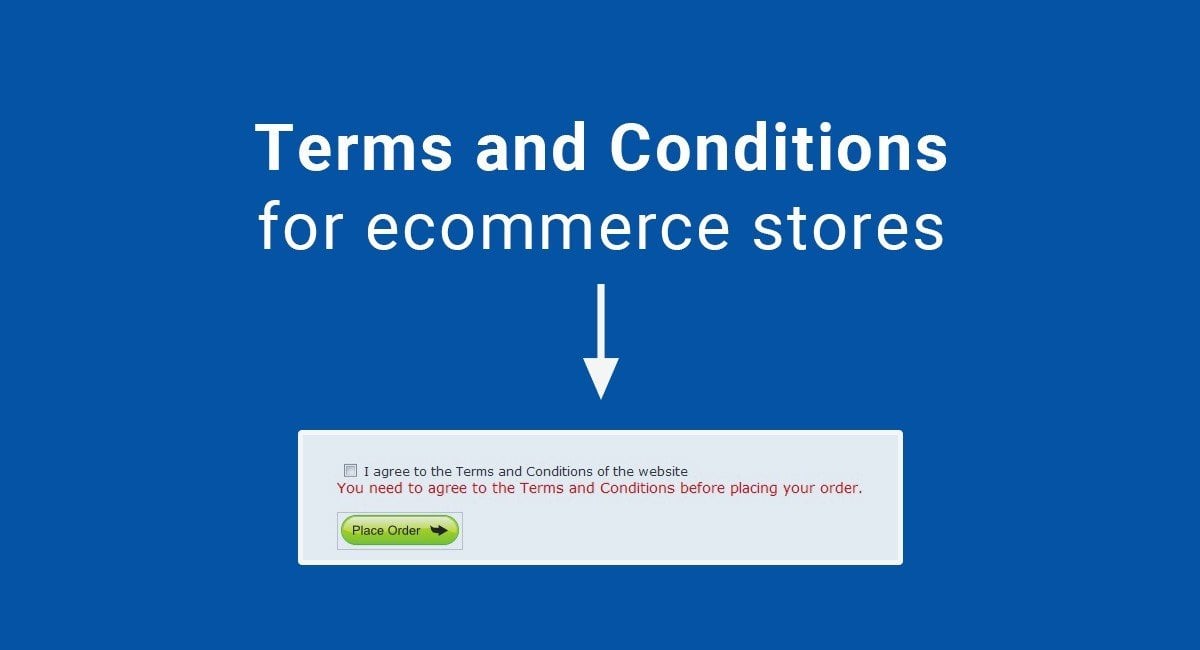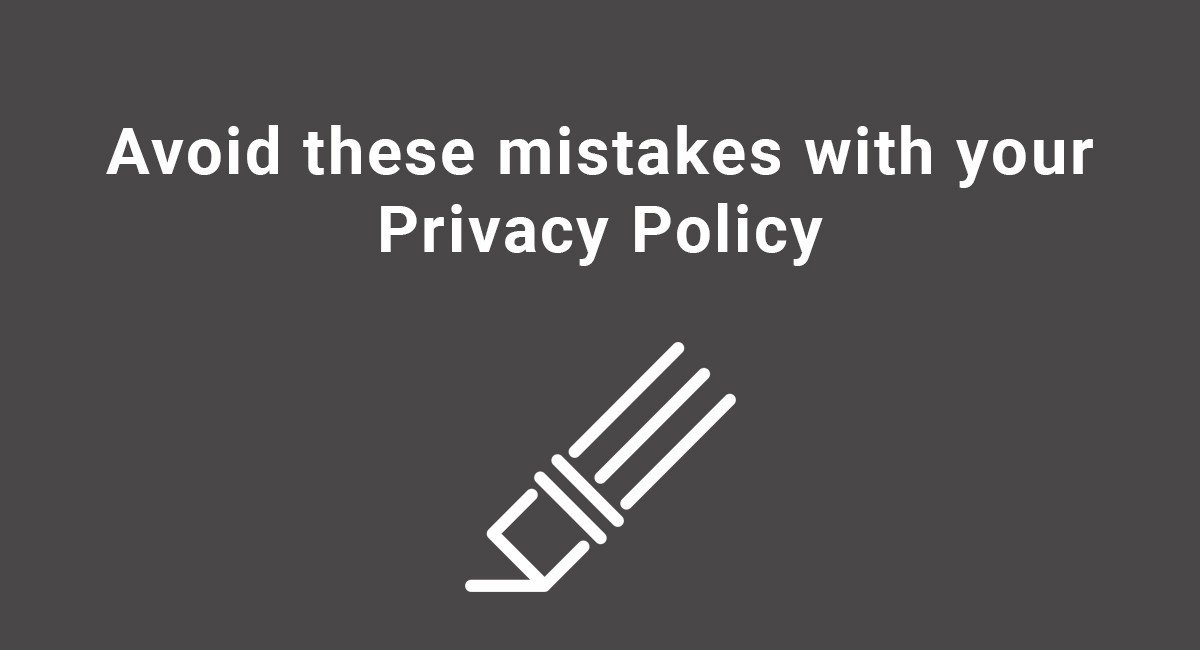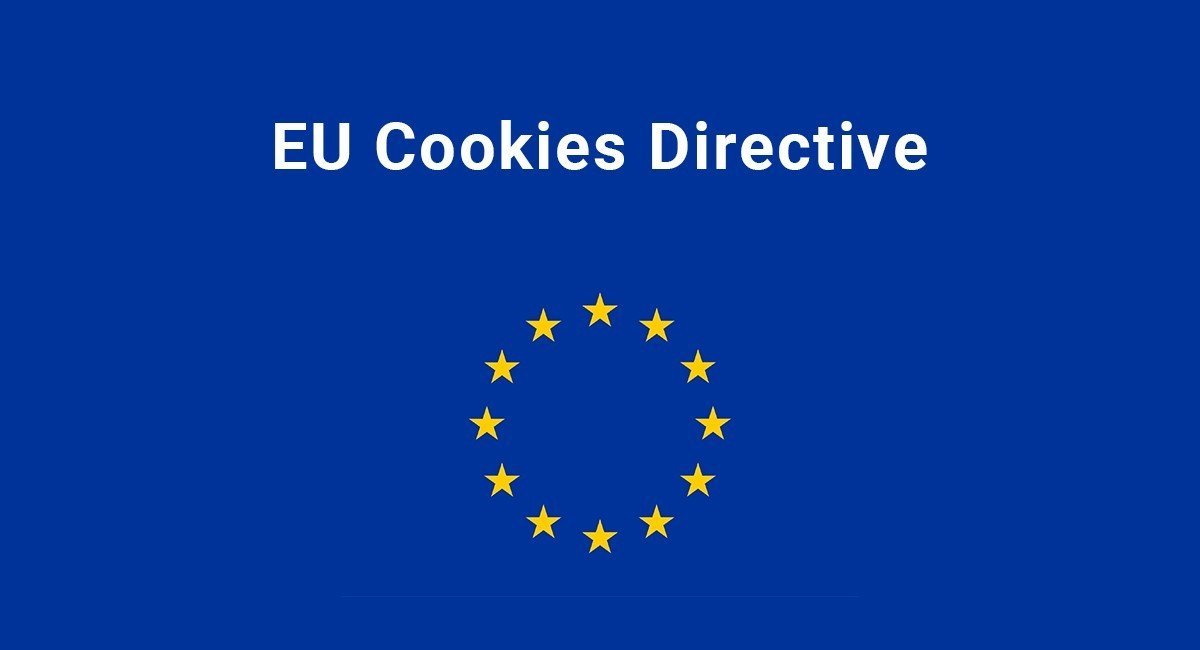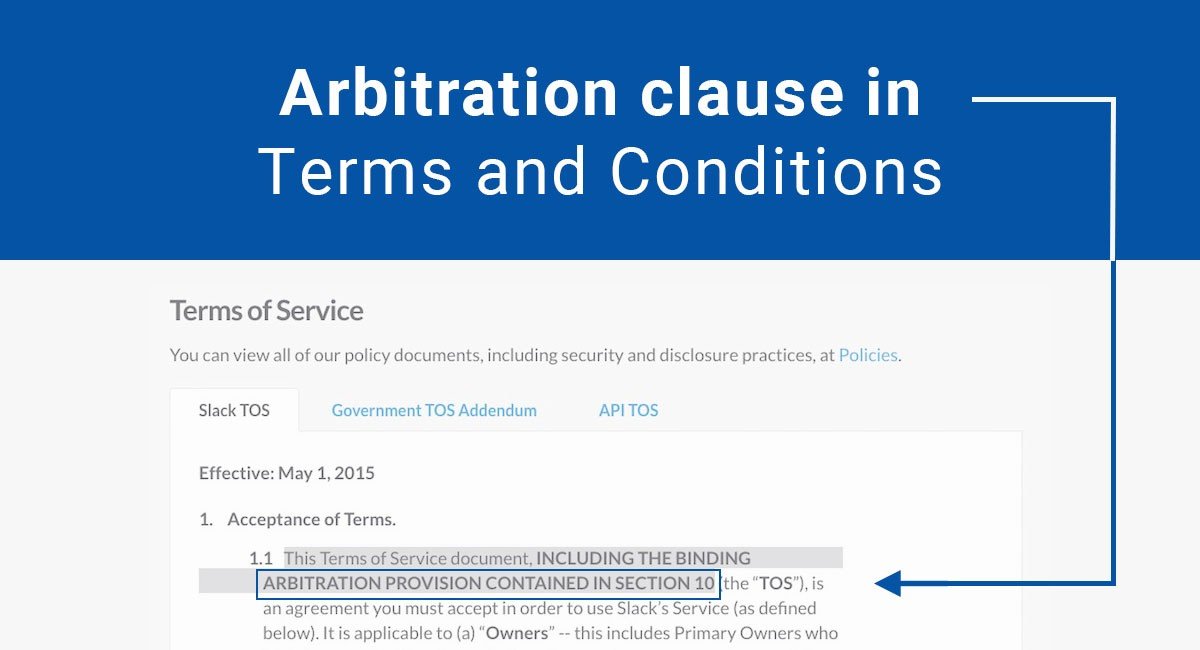Blog - Page 64
Legal articles in easy to understand language.
What's a SLA: Service Level Agreement
A Service Level Agreement ("SLA") is a very important component of a relationship between a service provider (your business) and a client (your customer). An SLA is a contractual agreement between the business and the client where the services that will be provided are defined and described, and where remedies if...
Terms and Conditions for Ecommerce Stores
If you run an e-commerce store, it's important that you have a well-drafted Terms and Conditions agreement linked throughout your store. Terms and Conditions agreements can help legally protect you as well as set out the rules that you and your customers will follow, limit your liability in the event that...
Avoid these mistakes with your Privacy Policy
Practically every website and mobile app collect some form of personal information from those who use or visit websites and mobile apps. The Federal Trade Commission ("FTC") dictates requirements of how personal data must be handled, and how people must be notified of data collection practices in place on a website...
EU Cookies Directive
The EU e-Privacy Directive is a part of the European Union's strive to enhance online privacy for its citizens. The Cookies Directive was adopted as an amendment to the e-Privacy Directive in May of 2011 by all countries in the EU. Websites that are either owned by EU businesses or directed towards...
Arbitration clause in Terms and Conditions
Arbitration clauses are commonly used in general consumer contracts, but also in Terms and Conditions agreements for websites and mobile apps. Simply put, the arbitration clause requires that the two parties to an agreement will go through arbitration rather than either party initiating a lawsuit if a dispute arises. Arbitration is a...
When in doubt, disclose it in your agreement
While an activity or action may not be illegal on its own when it comes to your website or mobile app, sometimes not disclosing that activity or action to your users can make the Federal Trade Commission ("FTC") step in. Consider the case of AmeriFreight. The FTC found that AmeriFreight, a company...
